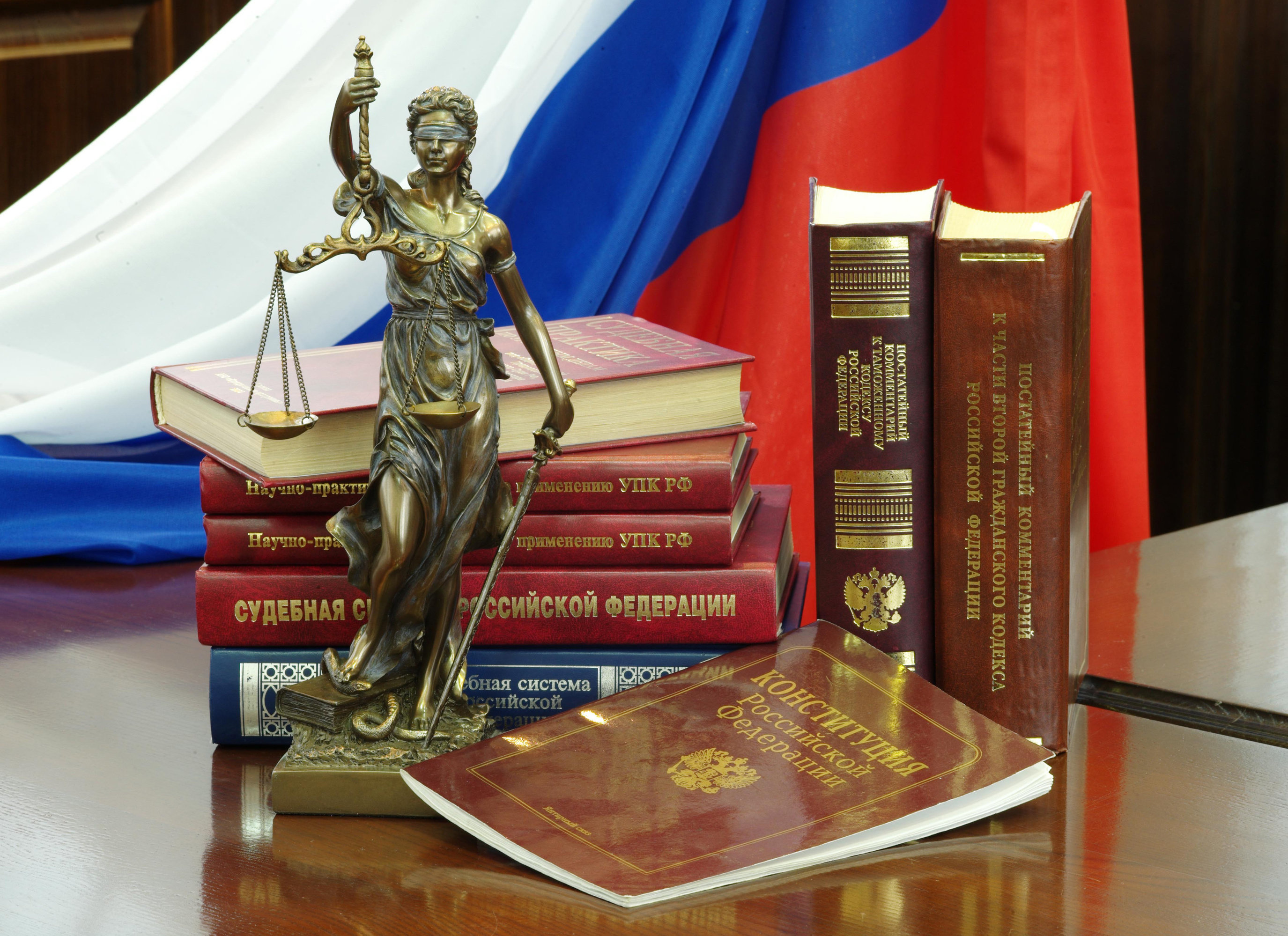MOSCOW, 23 Dec – RAPSI. This year the Russian legal system resolved public conflicts of past years, determined which participants of nationalist riots and murders were right and wrong, finished hearing the second and last (for now) YUKOS case, and granted citizens two rights – posthumous trials and permanent residence registration at country cottages.
Five years for 200 million tonnes of oil
In May 2011, the second case against YUKOS former owner Mikhail Khodorkovsky and his business partner Platon Lebedev was closed. Convicted for the embezzlement of 200 million tonnes of oil, Khodorkovsky and Lebedev were finally sentenced to an additional five years by the Cassation Appeal Board of the Moscow City Court. The former heads of YUKOS and Menatep are eligible for release in 2016.
After sentencing, Khodorkovsky and Lebedev were escorted to prison camps in northern Russia. Their bid this year for parole failed. After Lebedev’s appeal was rejected by the court, Khodorkovsky’s attorneys decided not to proceed with their own.
Nationalist mob
Nationalist terror in Russia received widespread coverage during the trial of historian Nikita Tikhonov and his common-law wife, Yevgeniya Khasis, who were charged with the murder of lawyer Stanislav Markelov and journalist Anastasia Baburova. The nationalist couple was found guilty by a jury. Tikhonov is currently serving a life sentence, while Khasis is serving an 18-years sentence.
Murderers and vandals
Interethnic relations in Russia continue to be in the spotlight with a number of trials underway in connection with the high-profile murders of football fans in Moscow and the angry reaction by young people. In summer 2010, several men from the North Caucasus killed Yury Volkov, a Spartak fan and journalist with the Russian Television and Radio Broadcasting Company. The public outrage followed by the murder of Yegor Sviridov, another Spartak fan.
The indecisive response by police, which released the suspects in both cases, triggered public outrage and mass riots on Manezh Square in central Moscow on December 11, 2010.
Judging the dead
In 2011, deceased defendants in ongoing trials received the right to stand trial after death. This resolution of the Constitutional Court might seem absurd or cruel to the average person, but it was meant to protect the interests of citizens who die before a ruling in their trial and therefore have to remain ‘defendants’ forever.
Police and bureaucrats can speak out
Law enforcement officers and employees of other state agencies were granted the right to make substantiated criticisms of their management. The Constitutional Court ruled that public officers can speak out in public on the issues of public interest and blow the whistle on illegal actions or violations by federal bodies or individual officials.
Pledges to remain
In 2011, the Supreme Commercial Court came to the defense of pledgees. A popular practice during the financial crisis was debt restructuring that implied changes to the loan contract, the interest rate and repayment terms. As a result of these significant changes, many pledgees requested that courts declare accessory contracts void.
No protection from collection agencies for debtors
The Supreme Commercial Court confirmed the illegality of the unilateral changes made by banks to loan agreements with individuals, pre-term payment bans, legal proceedings against debtors at the bank’s location, and charges that are not financially justified.
However, the Supreme Commercial Court upheld the practice of transferring the right to claim under agreements with individuals from banks to third parties, including collection agencies, without the consent of the debtor.
Sham charges legal
The Supreme Commercial Court of Russia upheld the inclusion of charges for additional services and even sham charges due for terminal payment into loan contracts with legal entities that actually increase the total loan cost. The latter, according to the court, is enforcement of the right of contract between two legal entities.
At the same time, the Supreme Commercial Court banned banks from including fees for standard actions that are mandatory for issuing a loan.



